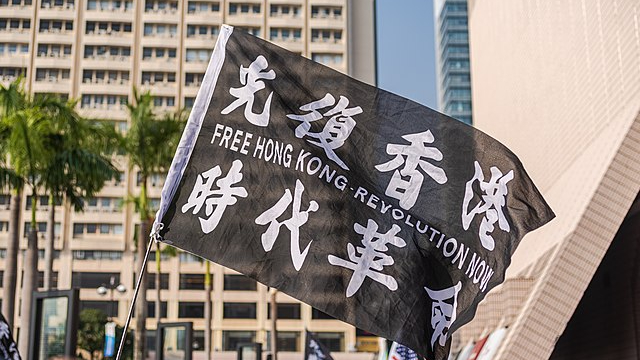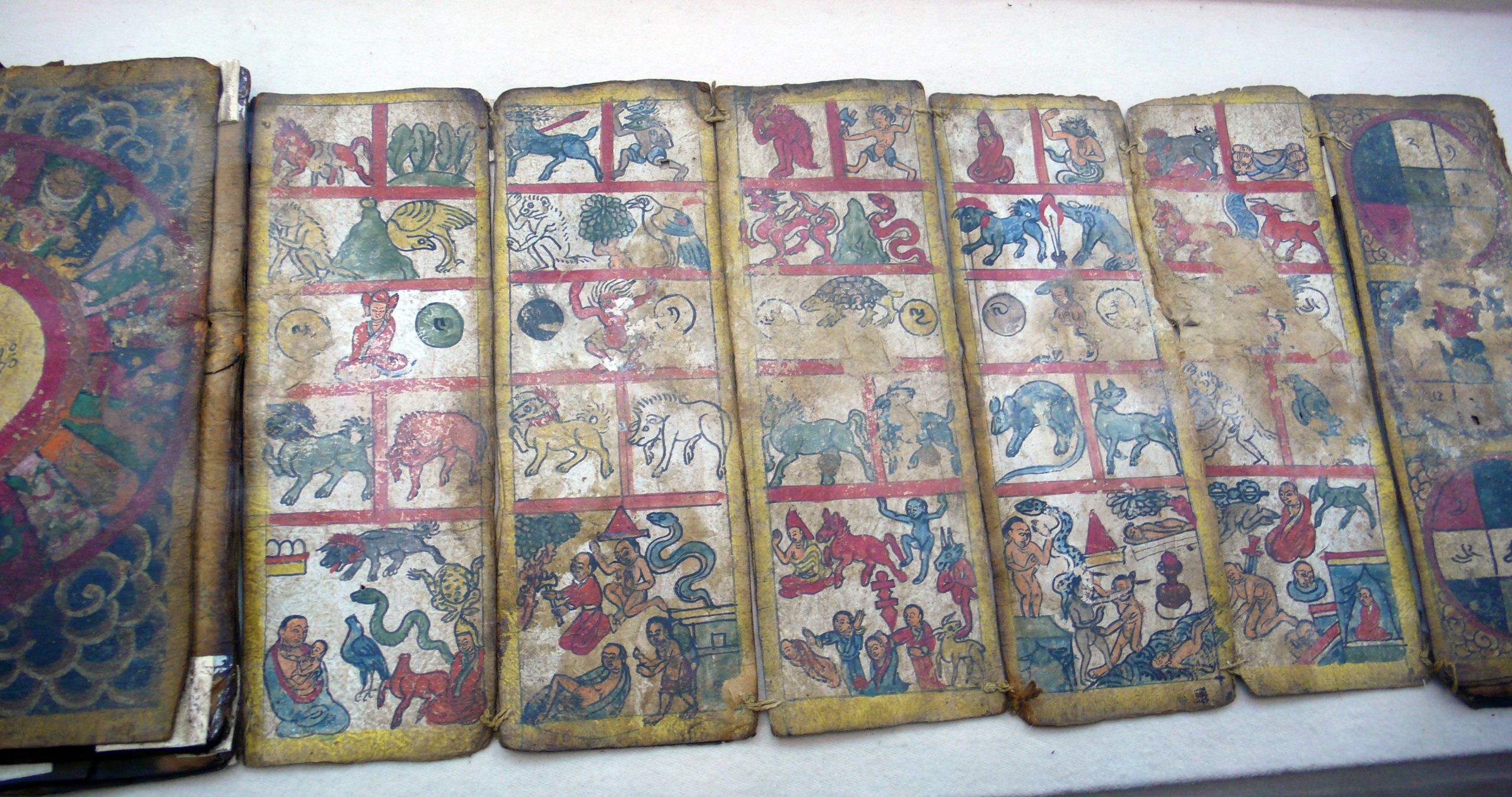
China on Tuesday approved draconian new security legislation for Hong Kong banning activities deemed subversive or secessionist, paving the way for its feared state security police to operate in the city.
The law’s approval by the National People’s Congress (NPC) standing committee after months of mass public protest was immediately condemned by Brussels as being in breach of China’s treaty obligations to preserve Hong Kong’s independent judicial status and traditional freedoms of speech and association.
“We hope the law will serve as a deterrent to prevent people from stirring up trouble,” Tam Yiu-chung, Hong Kong’s sole representative on the committee, told reporters after the law was approved. “Don’t let Hong Kong be used as a tool to split the country.”
“Stirring up trouble” is frequently used as an accusation against peaceful critics of the ruling Chinese Communist Party, which has sought to label last year’s mass protests for democracy and the preservation of Hong Kong’s freedoms as a secessionist movement instigated by foreign powers.
Amid widespread fear that the law will be used to target opposition politicians and peaceful campaigners, two of Hong Kong’s youth-led “localist” political parties announced they would dissolve shortly after the law was passed.
Former 2014 pro-democracy movement leader Joshua Wong resigned as leader of Demosisto, the political group he founded in the wake of the Occupy Central movement. Soon afterwards, the group announced it would cease operations in Hong Kong.
Demisisto said its current operations were “unsustainable” in the current political climate. “We hereby announced that Demosisto will disband and cease operations … People of Hong Kong, see you on the streets!”
Demosisto founder Agnes Wong, whose bid to run as a candidate for the city’s Legislative Council (LegCo) was denied for political reasons, and former Demosisto lawmaker Nathan Law, who was stripped of his LegCo seat after an edict from Beijing, also announced their resignations at the same time.
‘Heavy-hearted decision’
Tony Chung, founder of the Studentlocalism activist group, announced his group would disband and that he would withdraw from political activism.
“Today, I had no choice but to make a heavy-hearted decision to disband our Hong Kong members and operations,” Chung said in a Facebook post after the law passed.
“I have no choice based on [the new] political reality … I will continue to walk with the people of Hong Kong after my occupation changes,” he wrote.
Meanwhile, democracy activists Figo Chan, Wu Chi Wai, Bull Tsang and Andy Tsui vowed to take to the streets in a protest march marking the 23rd anniversay of the 1997 handover in defiance of a police ban, and on the day the law — which will bypass LegCo — is expected to take effect in the city.
China has yet to make public the full text of the law, which it claims has widespread support in Hong Kong. However, pro-Beijing politicians have warned that the maximum jail term for sedition, subversion, and colluding with “overseas forces” has been hiked from 10 years to life.
State news agency Xinhua has reported that the law will target acts of “secession, subversion, terrorism, and collusion with foreign or external forces that endanger national security.”
The law requires the setting up of a national security office under the direct control of the ruling Chinese Communist Party in Beijing to oversee the implementation of the law and provides for mainland Chinese state security police to have a base in the city, in contravention of an article in the city’s mini constitution, the Basic Law.
Chief executive Carrie Lam will be given the power to appoint judges to hear cases brought under the law, a move that lawyers have warned will compromise judicial independence.
Hong Kong’s police force, already widely criticized for widespread violence against peaceful protesters and increasingly arbitrary arrests, has already set up a national security division to implement the law, according to Xinhua.
Sweeping new powers
Lam defended Beijing’s right to impose the legislation in Hong Kong in a speech via video link to the United Nations Human Rights Council in Geneva.
“All those countries which have pointed their fingers at China have their own national security legislation in place,” she said.
“We could think of no valid reason why China alone should be inhibited from enacting national security legislation to protect every corner of its territory and all of its nationals.”
More than a hundred protesters gathered at a luxury mall in Hong Kong’s Central business district, chanting slogans including “Free Hong Kong, Revolution Now!” with several holding up a flag representing an independent Hong Kong as well as posters condemning the law.
London-based rights group Amnesty International said the law would give China sweeping new powers to name anyone in Hong Kong a criminal suspect under the law.
“The passing of the national security law is a painful moment for the people of Hong Kong and represents the greatest threat to human rights in the city’s recent history,” the group’s China team leader Joshua Rosenzweig said in a statement.
“From now on, China will have the power to impose its own laws on any criminal suspect it chooses.”
He said the fact that the law had been passed without anyone in Hong Kong seeing the full text suggested it would be used as a “weapon of repression” against peaceful opposition and criticism.
“Their aim is to govern Hong Kong through fear from this point forward,” Rosenzweig said.
The EU Commission President said the EU is “seriously concerned” about the law, which “does not conform with Hong Kong’s Basic Law or China’s international commitments.”
Secretary of State Mike Pompeo on Monday said the U.S. would stop exporting sensitive military items to Hong Kong, following his announcement Friday that Washington was imposing visa restrictions on current and former Chinese Communist Party members believed to be responsible for undermining Hong Kong’s promised autonomy and traditional freedoms.
The U.S. views the national security law as being in breach of China’s international obligations under the 1984 Sino-British Joint Declaration governing the 1997 handover.
Activists fear that leaders of pro-democracy protests since 2014 could be among the first targets of mainland-inspired arrests.
Reported by RFA’s Mandarin and Cantonese Services. Translated and edited by Luisetta Mudie.
Source: Copyright © 1998-2016, RFA. Used with the permission of Radio Free Asia, 2025 M St. NW, Suite 300, Washington DC 20036. https://www.rfa.org.












